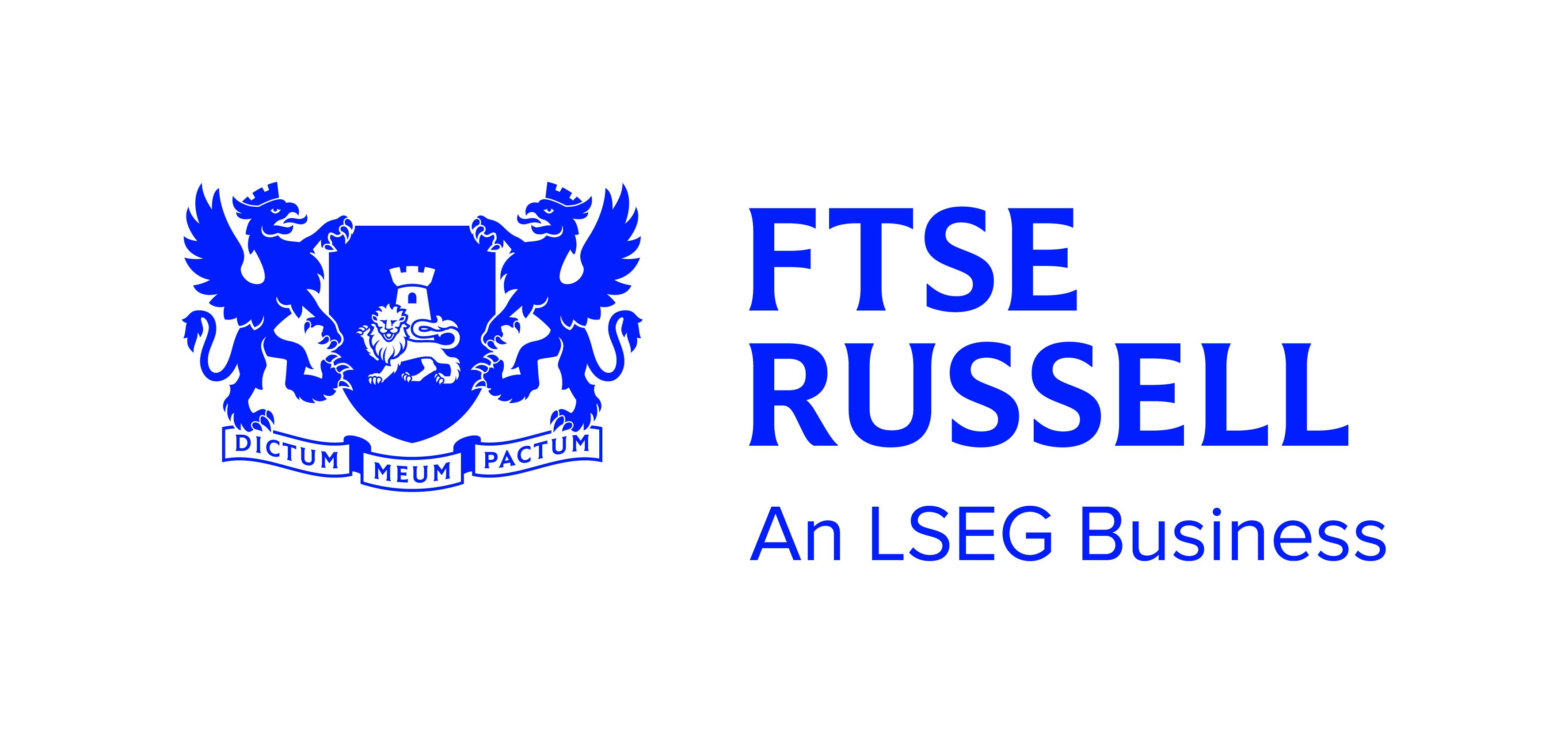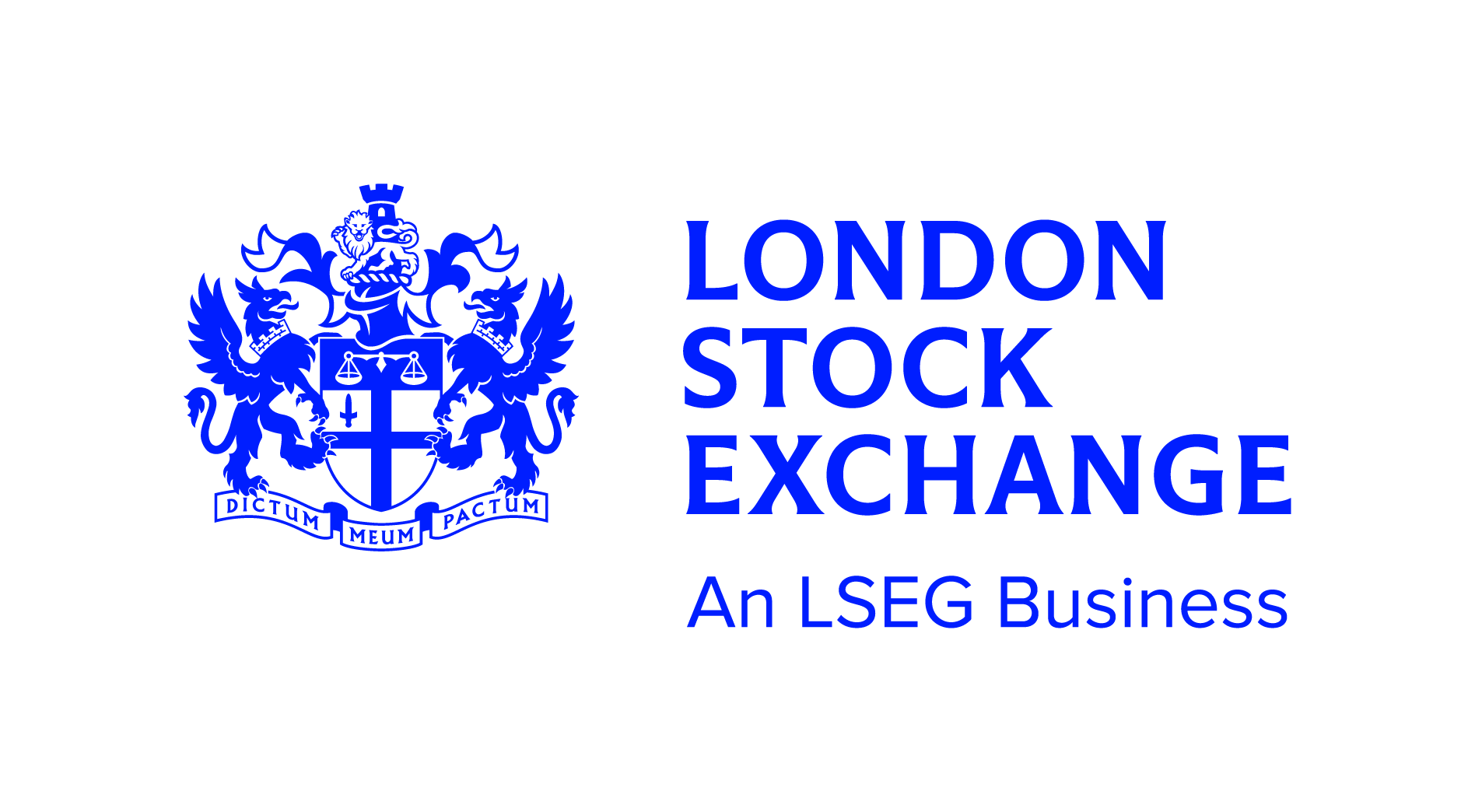FTSE Russell is set to introduce tighter climate standards to its first ESG index range, the FTSE 4Good suite, meaning 150 constituents are at risk of removal.
The changes come following a market consultation last July where respondents had been “overwhelmingly supportive” of the proposed amendments.
The key changes have been the introduction of a climate change score rating system to assess FTSE4Good constituents which would set out an emissions threshold that must be met for companies to be included in the indices.
Furthermore, companies’ climate data will be assessed using Transition Pathway Initiative’s (TPI) which looks at a company’s carbon emissions, green revenues, fossil fuel reserves, and quality of management on carbon issues.
Each constituent’s emissions threshold will be determined by FTSE Russell classifications, which differ based on sub-sectors, and between developed and emerging markets.
Across the FTSE4Good index series – including the FTSE Blossom Japan index, FTSE4Good TIP Taiwan ESG Index and FTSE4Good Bursa Malaysia Index – 150 constituents fell below required climate change standards, as of June 2020.
The index provider said it will work with companies over the coming months to make sure they are aware of the steps that need to be taken to improve their scores. For now, some 10% of the index are earmarked for exclusion, if required standards are not met by June 2022.
Climate change ETFs: What is all the fuss about?
David Harris, head of sustainable business at the London Stock Exchange, the owner of FTSE Russell, commented: “FTSE4Good has served as an important ESG barometer for listed companies around the world for more than two decades.
“Following a market consultation, we are further strengthening the climate requirements for the FTSE4Good index series. This will impact all companies but sets the highest hurdles [for] those in the most carbon-intense industries.
“There are around 150 companies currently included in the index at risk of deletion due to these changes. They will be communicated with and given 12 months from the next review in June to raise standards to retain inclusion in the index. Furthermore, any companies entering the index will now need to meet these requirements.”




